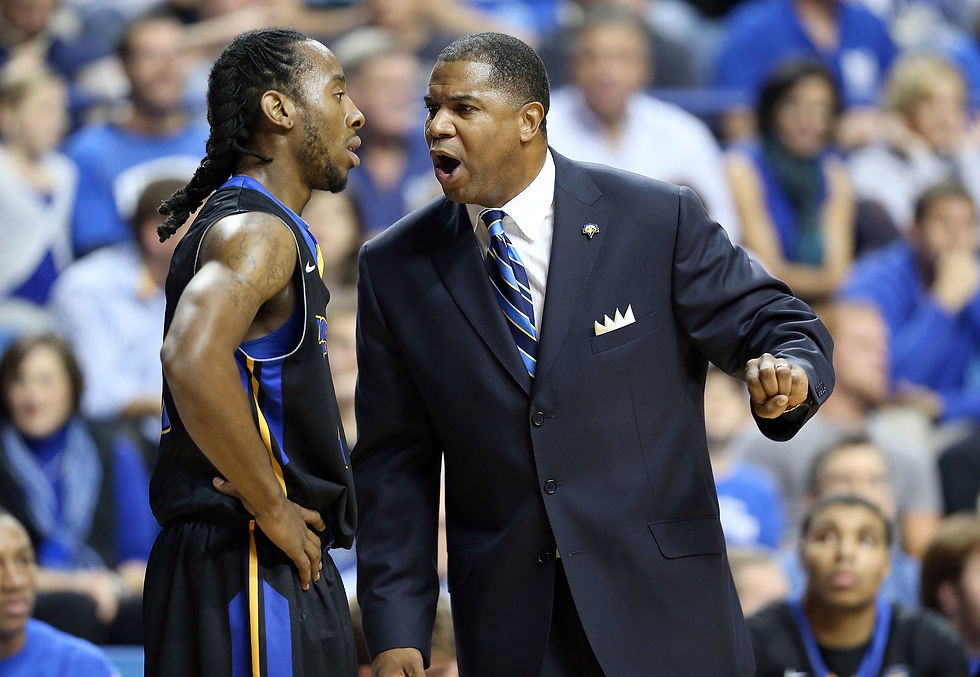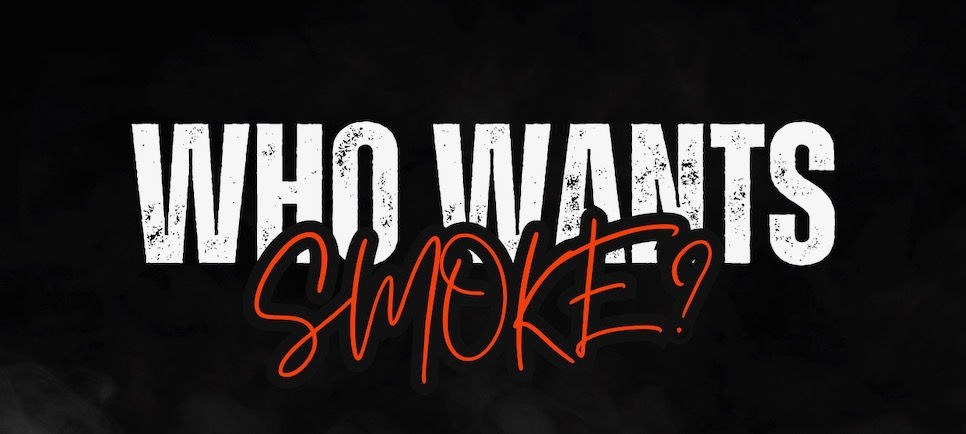Recruiting 101: The Intangibles
- gamewinnerprogram
- Jan 25, 2021
- 5 min read
Recruiting Pet-Peeves directly from a college coach…
1. Poor body language
2. Lack of bench energy
3. Attitude towards officials
4. Can’t take coaching
5. Zero effort in warmups
6. Too cool for hustle plays
7. Points > wins
When players think about what it takes to play college basketball, they assume that their skillset and stats are the only factors. They fail to realize the small details that can either help, or hinder, their chances of being recruited to play at the college level. I want to give you some tips on what college coaches look for when deciding whether or not to recruit a player; and none of these have anything to do with how good you can play basketball.
ACADEMICS

First and foremost, take care of your school work. Every year a ton of players miss out on opportunities because they didn’t have good enough grades. Coaches oftentimes ask about academics before they even look at film. If you have bad grades then there is no point in recruiting you because you won’t qualify.
For some school is boring. Believe me, I get it; I was one of those kids who thought that. However, I also knew that good grades were necessary to achieve my goal of playing college basketball. So although I dedicated a lot of time to hooping, I knew I needed to dedicate time to my homework as well. Sometimes you do what you have to do in order to do what you want to do. And here is a little secret that most don’t know… there is way more money in academic scholarships than athletic scholarships. So yes, playing college basketball may be the goal, but playing college basketball for free should be the ultimate goal. One way to ensure that is by handling your business in the classroom.
CHARACTER
Character is huge when it comes to recruiting a player. College coaches want high character players. I was talking with a D1 coach one day. He was looking for a big and asked if I knew of any. So I sent him the name of a kid and the first question he asked was “is he a good kid?”. He didn’t ask what the kids skillset was, what his stats were, or anything related to basketball. He wanted to know what type of character the kid had because that would determine if he moved forward with scouting the kid or not. So believe me when I tell you, character matters!
College coaches have created cultures in their programs, so they want players that will fit that culture. High character kids fit most program cultures. Qualities like respect, integrity, loyal, hard working. Coaches dig that sh** for real. So as you go through your process think about your character. What would someone say about you to a college coach? The basketball world may seem big, but in reality it is very small. Coaches talk and everyone knows somebody that knows somebody. Your reputation as a player and a person holds value; a bad reputation is hard to shake in this game.
COACHABLE

Being coachable is another area that kids oftentimes don’t think about. College coaches want coachable players. It is said that “coachable players become employable adults”; there is a lot of truth in that. Coachable players not only respond well to feedback, they seek feedback. They believe feedback, or being coached, is a valuable tool needed for their development.
Coaches don’t want players who can’t look them in the eye when being criticized. Coaches don’t want players that have an excuse, or talk back, whenever something is said to them. Coaches don’t want players who can’t execute plays out of timeouts because they weren’t focused and locked in when the play was being drawn up.
Being coachable shows toughness and builds trust. Sometimes your coach will be completely wrong and you will have to swallow your pride and bite your tongue. Sometimes your coach will ask you to play a role that you may not agree with. Being coachable isn’t always easy, but it’s always necessary.
BE A GOOD TEAMMATE

Being a good teammate matters. A player who has a team-first attitude is super beneficial to the success of a team. Are you engaged in the game and cheering for your teammates success even though you’re sitting on the bench? Do you give high fives and jog to the bench when being subbed out, or do you pout? Do you yell at your teammates when they mess up, or do you pick them up and encourage them to keep playing? When your teammates fall ,do you rush over to help them up off the floor? And vice versa, do they come and help you up? Basketball isn't and never will be an individual sport. It takes a team to win. Good teammates make good teams.
BODY LANGUAGE & RESPONDING TO ADVERSITY

Body language doesn't whisper, it screams! When I was younger, I had horrible body language. I wouldn’t say much, but anyone watching could easily see when I was frustrated just from my body language. It happens consciously and sometimes unconsciously. You may think since you’re not expressing emotions outwardly that nobody will know, but that is not the case. Coaches see you pouting on the bench. They see you put your head down after turnovers and missed shots. They notice how you respond to bad calls by the refs. Body language and dealing with adversity are intertwined. If you can’t deal with adversity then you cannot play college basketball because in college, “anything that CAN go wrong WILL go wrong” (Coach Mike Dement). So how you choose to respond is huge. Coaches can get a sense for that just by watching your body language. So ask yourself, what is your body language communicating?
SOCIAL MEDIA

Social media posts have taken away scholarships and college interest from a lot of players. How you choose to represent yourself on the internet matters. College coaches pay attention to it and oftentimes use it to get a gauge on what a player is like. So be mindful of what you post, repost, and like. You must realize that if you are blessed enough to make it to college you are no longer just representing you and your family; you’re now representing a team and entire university. So make sure that everything you post shows positivity and is something that would make you, your family, or potential school proud.
These areas may seem like they're not a big deal, but together they make up a profile on you as a player. Coaches will use this information to determine if they should make a huge financial investment on you or not. So don’t let one of these areas be the reason you miss out on an opportunity to get recruited and play college basketball.





Comments